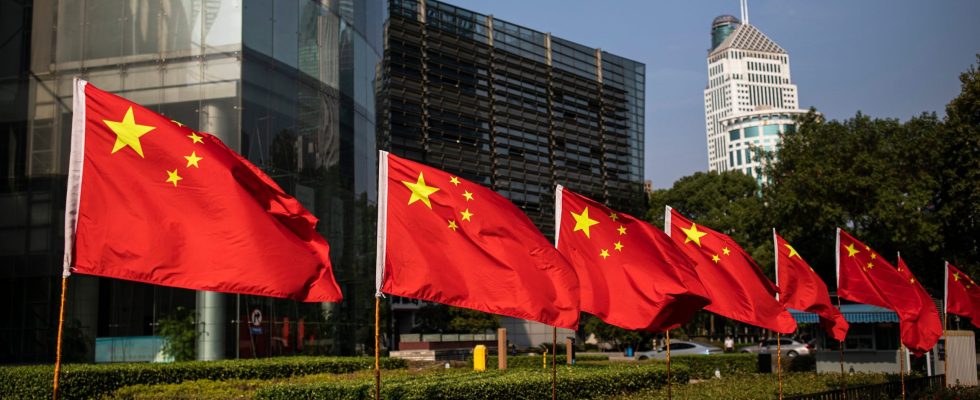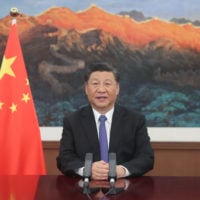Emerging markets have shown resilience amid post-pandemic challenges, writes longtime investor Ruchir Sharma in the Financial Times.
They also see new opportunities after breaking away from dependence on China.
“The old notion that ‘aspiring’ is another word for ruthless no longer applies,” Sharma said.
Emerging markets are proving resilient and less vulnerable to higher interest rates as new opportunities emerge after decoupling from China, longtime investor Ruchir Sharma wrote in the British newspaper “Financial Times“. Sharma heads the international business of Rockefeller Capital Management and was an emerging markets investor at Morgan Stanley Investment Management.
With China’s recent weakness this year, Wall Street largely expected most other emerging markets to follow suit, he noted. In the 1980s and 1990s, interest rate hike cycles triggered crises in emerging markets. Analysts expected the recent tightening campaign to produce similar results. But with a few exceptions, this has not happened.
read too
Emerging markets beat forecasts
“Of the 25 largest emerging markets, three quarters of the countries that reported data have beaten growth forecasts this year. Some, including India and Brazil, significantly,” wrote the Rockefeller International chairman. Global growth is forecast for 2023, and most of that growth will come from emerging markets.”
Many developing countries entered 2020 with better fiscal discipline and stronger banking systems than in previous decades, Sharma said.
As a result, when the pandemic hit, they didn’t have to borrow as much money to fund stimulus spending. Their deficits grew by an average of 15 percent of gross domestic product from 2020 to 2022, half the rate of the US, Sharma said.
“The old notion that ‘aspiring’ is another word for ruthless no longer applies,” he wrote.
And unlike the Federal Reserve, emerging market central banks have not delayed monetary tightening. With this early action, many of them can now start cutting rates, while the US may have two more rate hikes this year, he added.
read too
Inflation comparatively low
Sharma also pointed out that inflation in emerging markets is typically higher than in developed markets, but is now about the same: “It hasn’t happened in four decades.”
Different developing countries have grown in different ways, he said. For example, strong domestic demand has boosted Asia, while commodity exports have steadily boosted growth in Latin America.
“Emerging markets are also benefiting from the decoupling” from China, he added. The West is trying to decouple itself from China, which is then trying to make itself more independent.
“Emerging economies used to grow in lockstep with China, their main trading partner, but that link has weakened in recent years,” Sharma said. which created opportunities for other emerging markets.”



